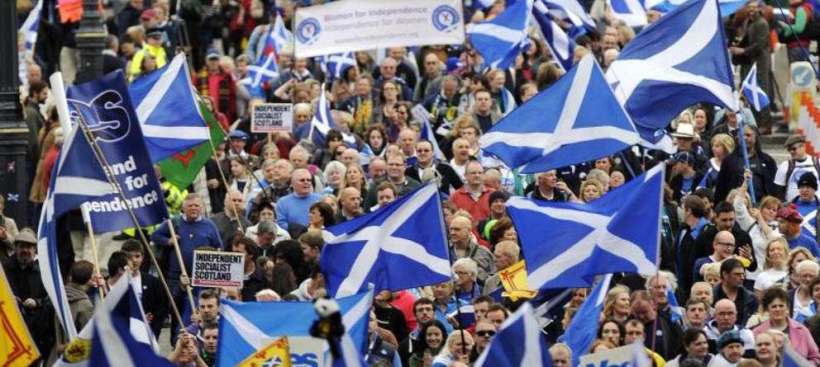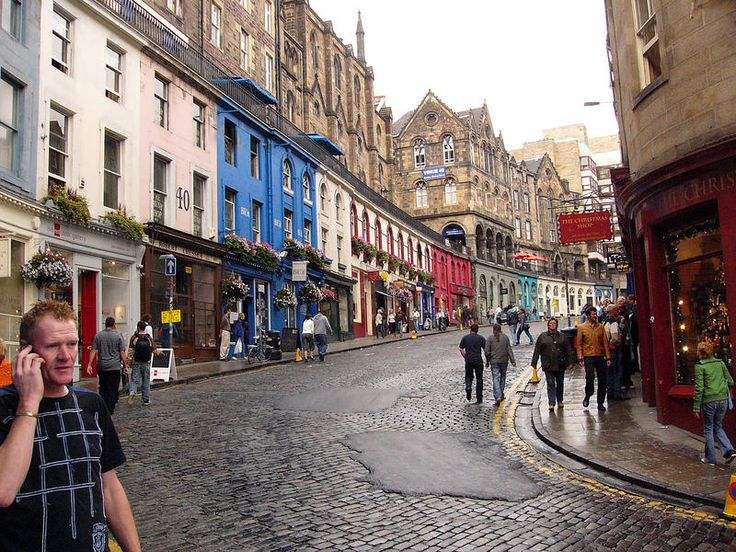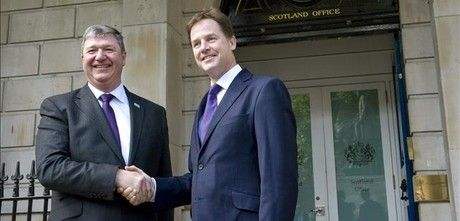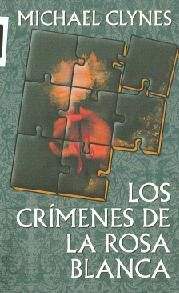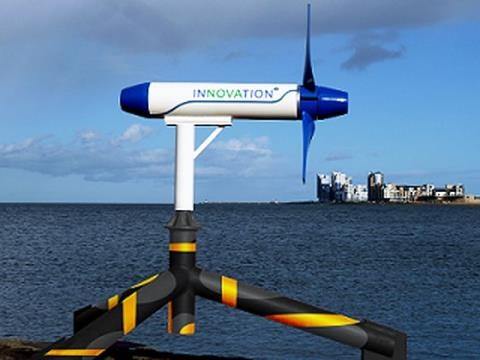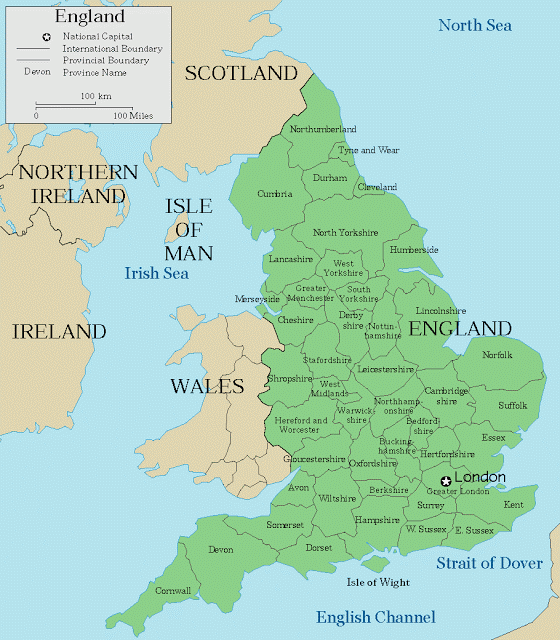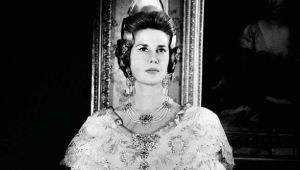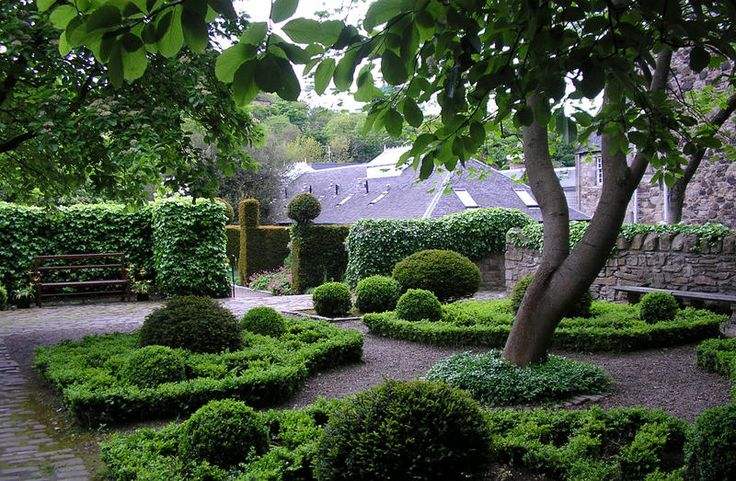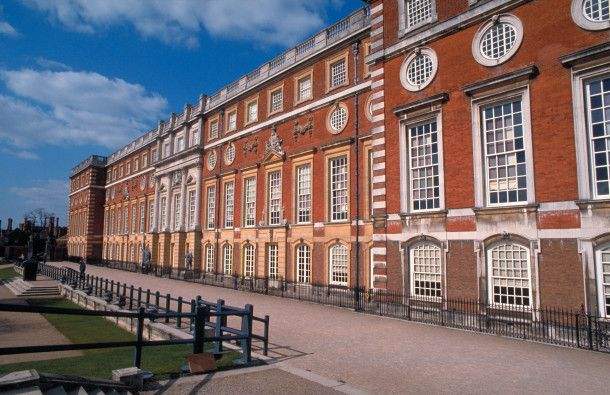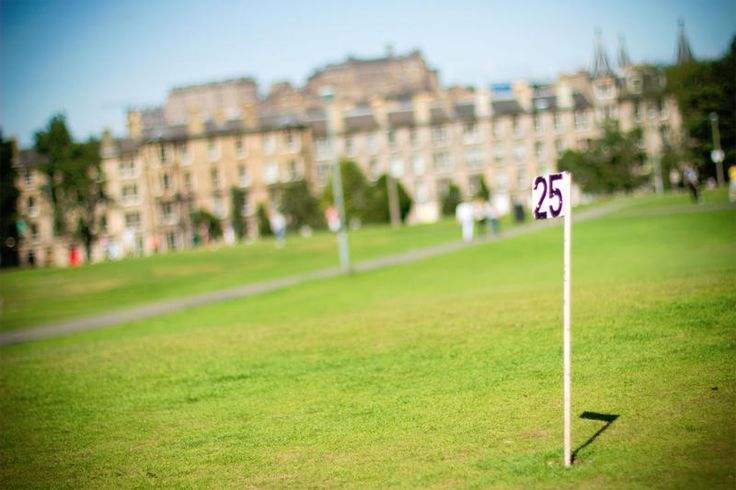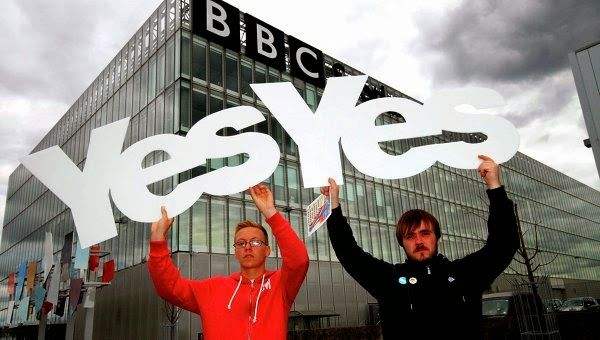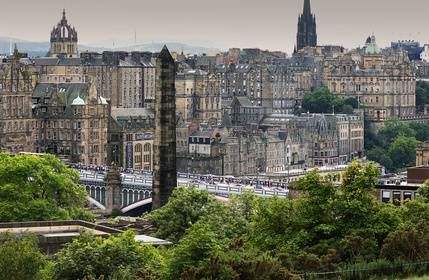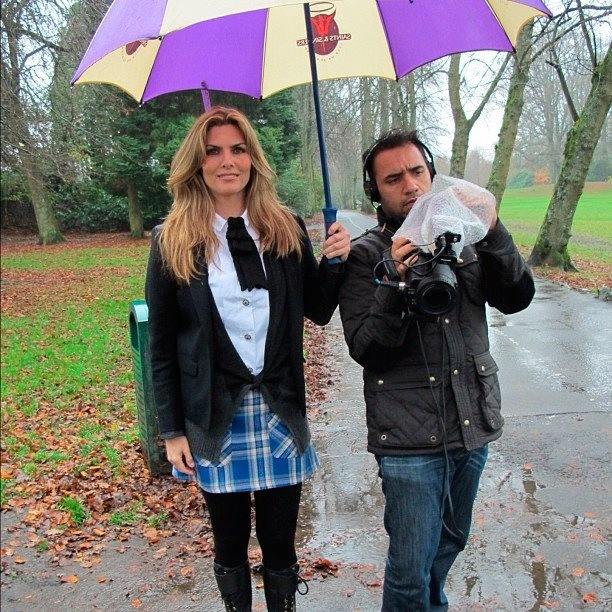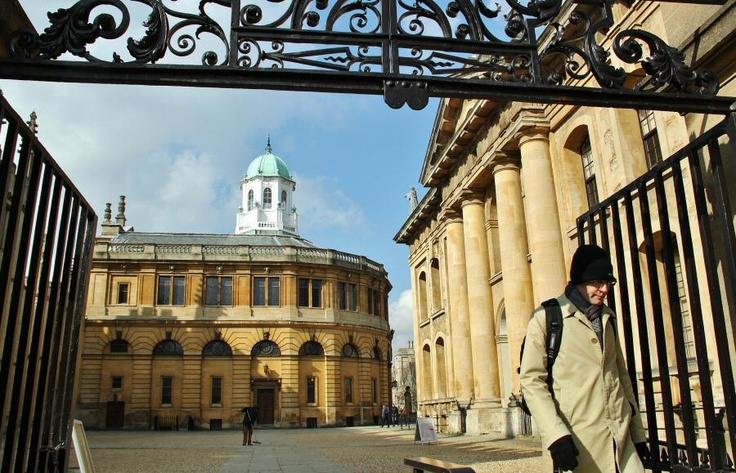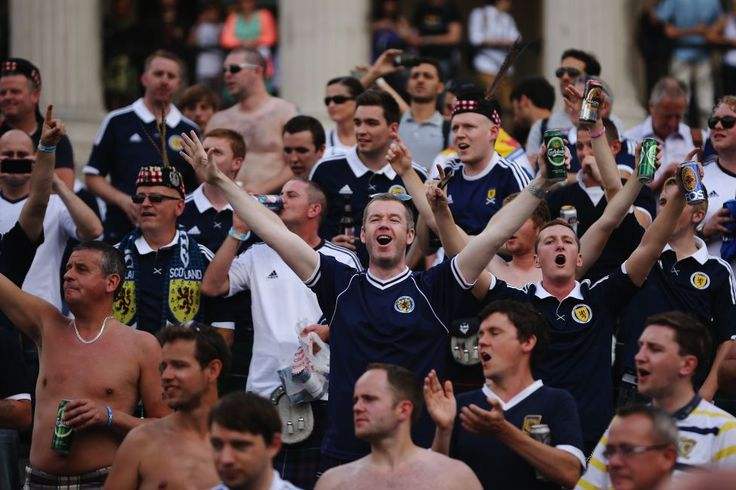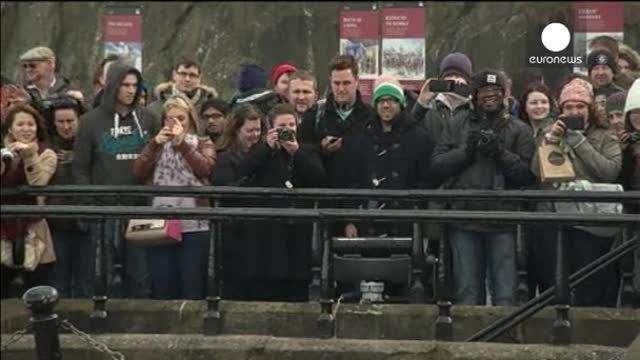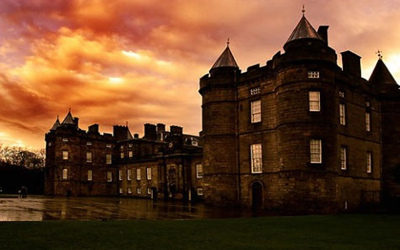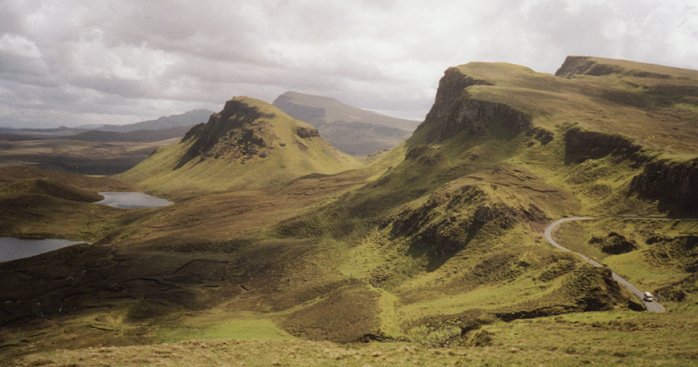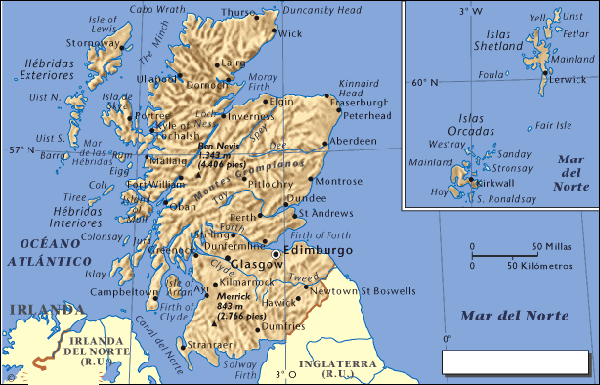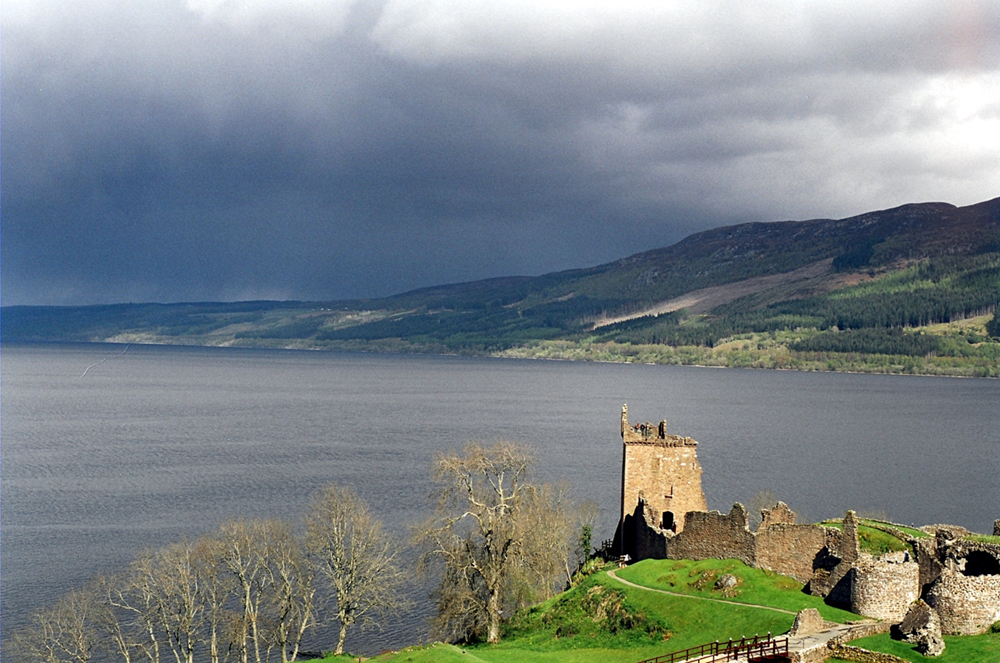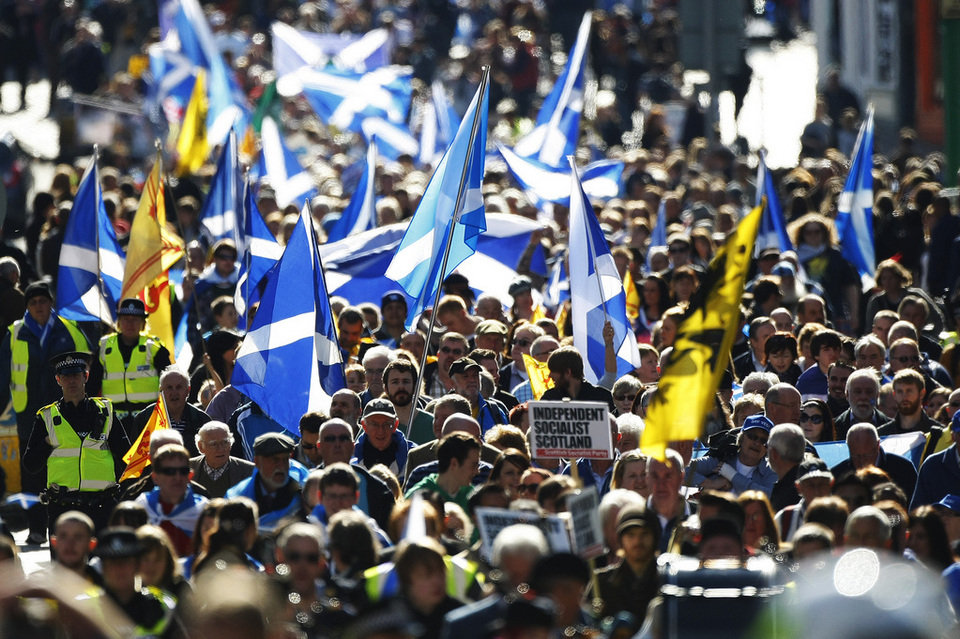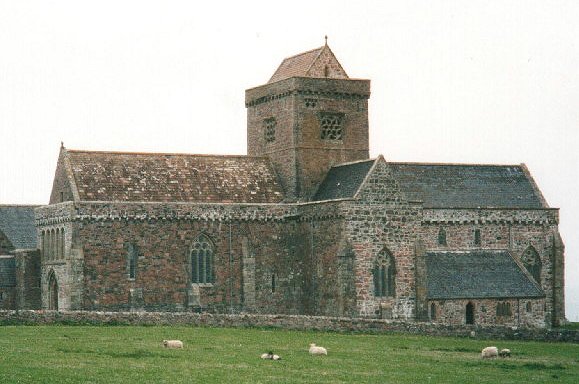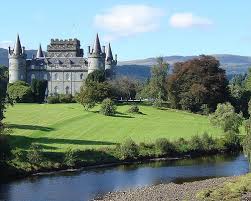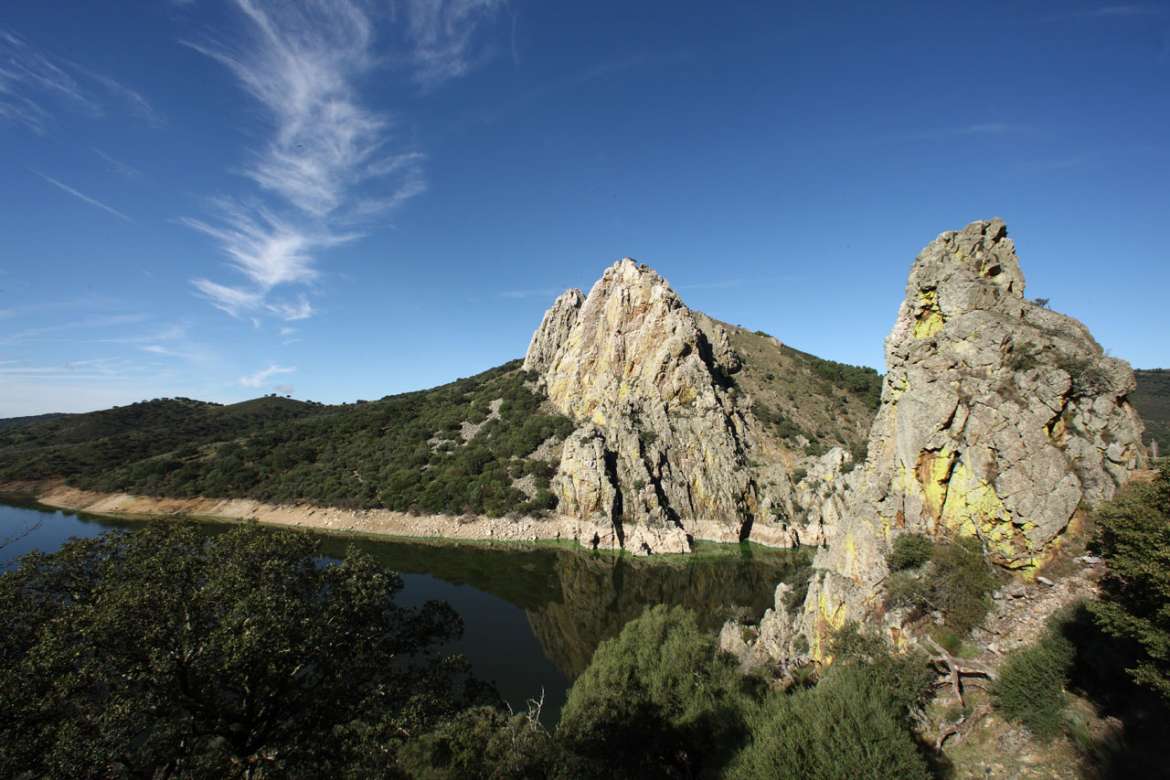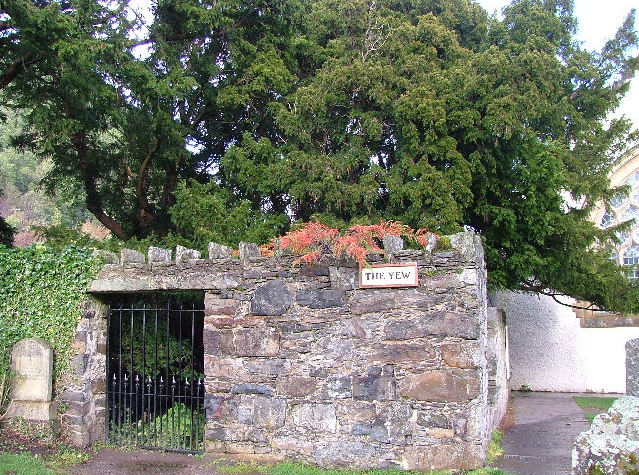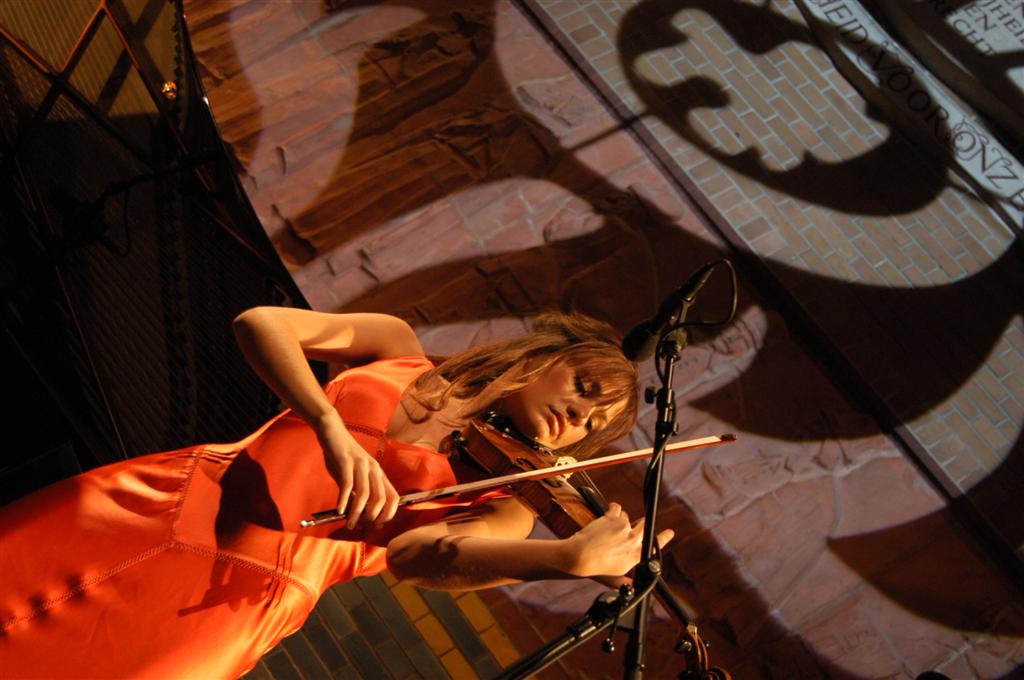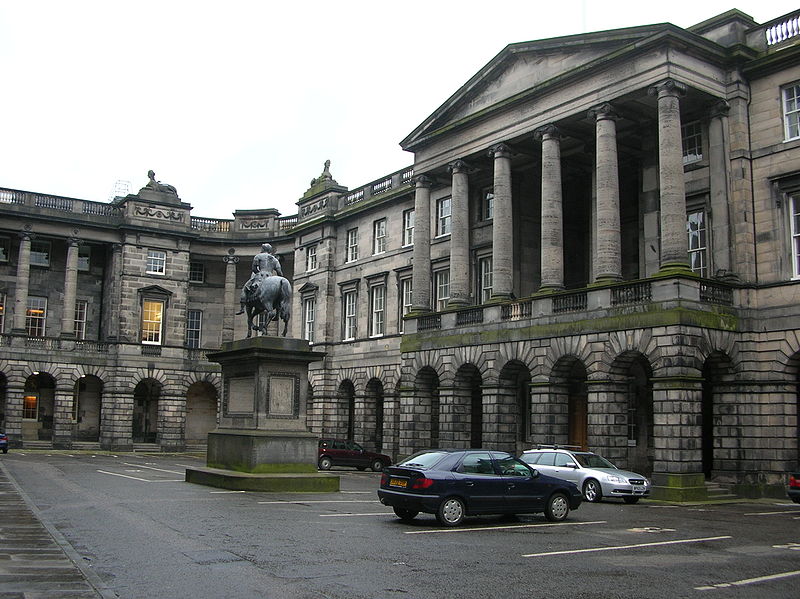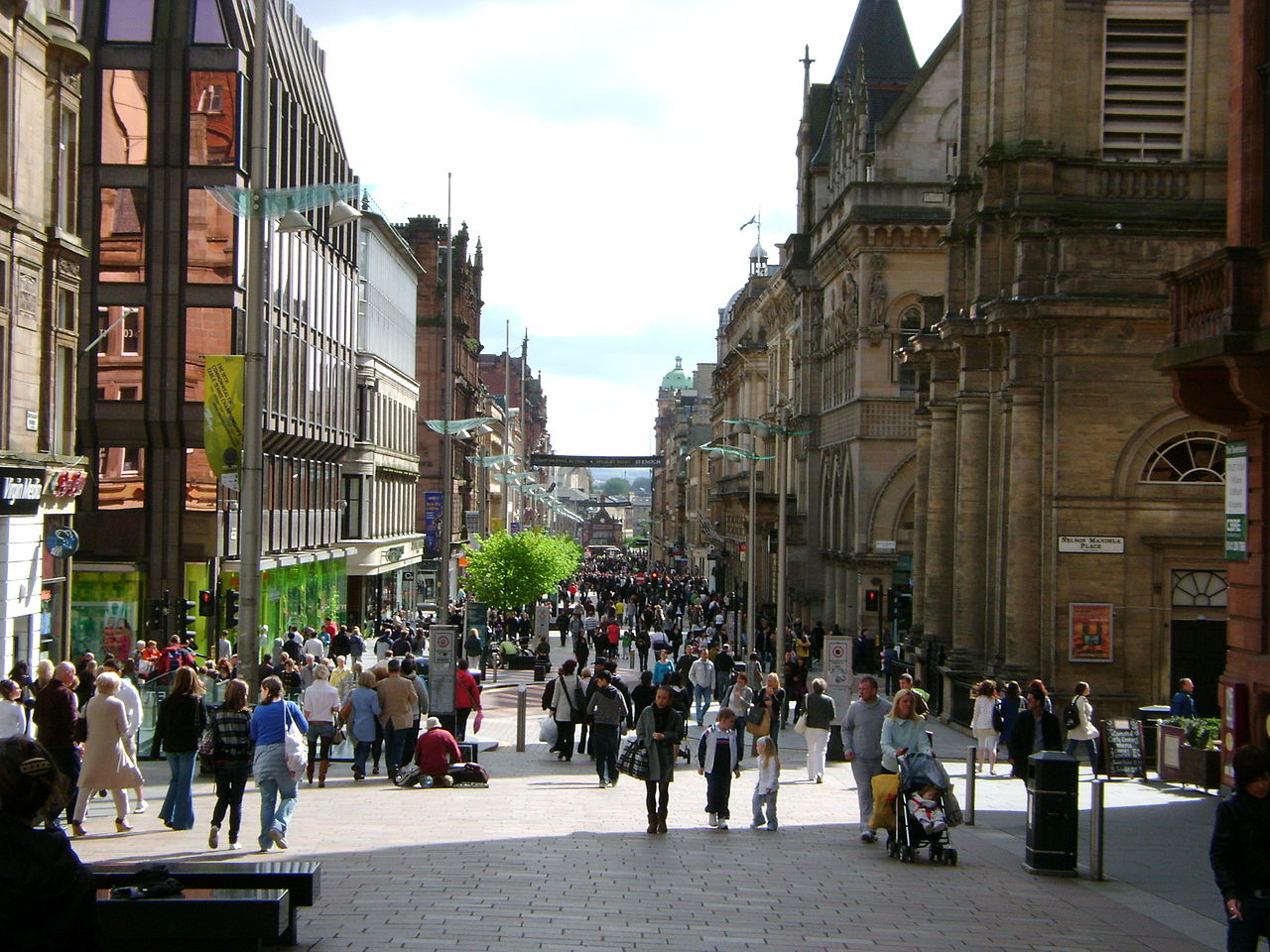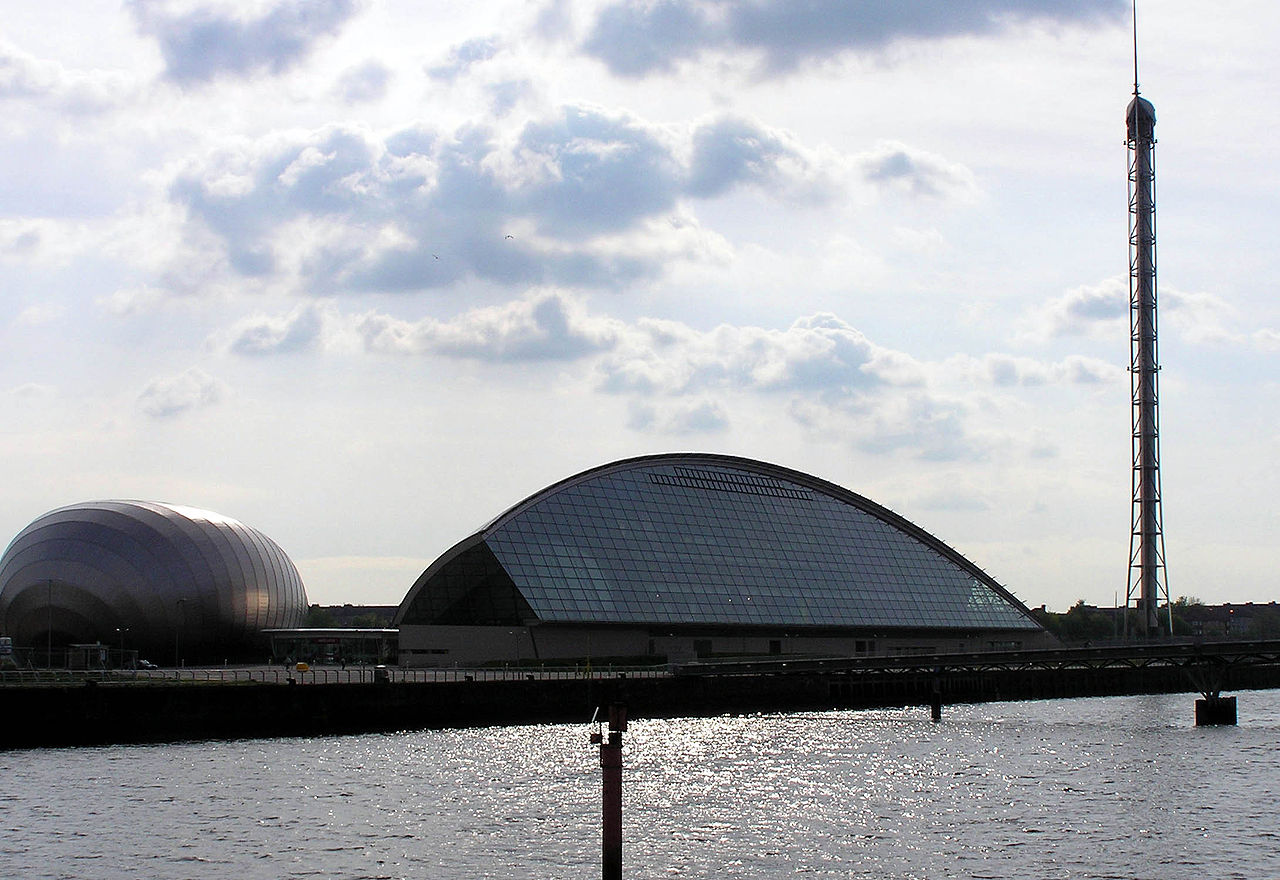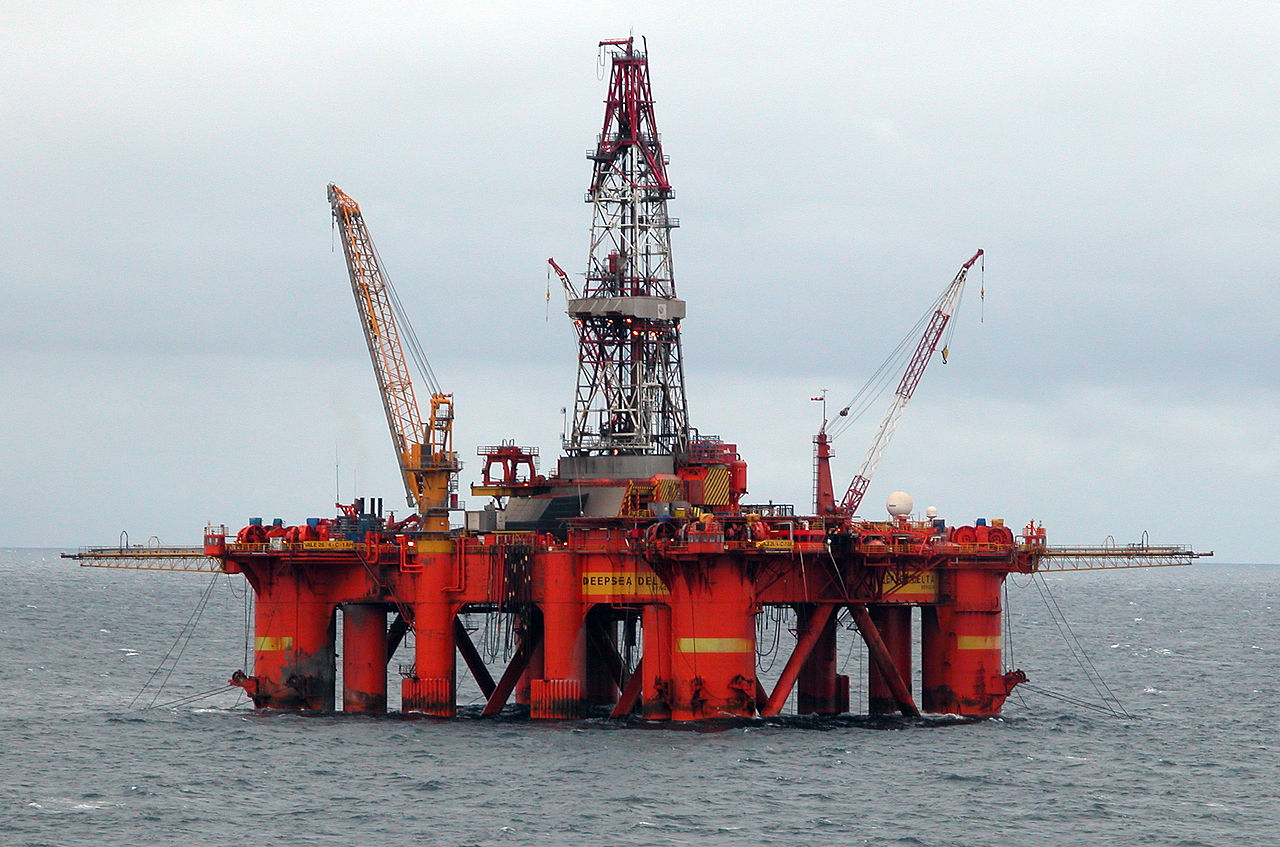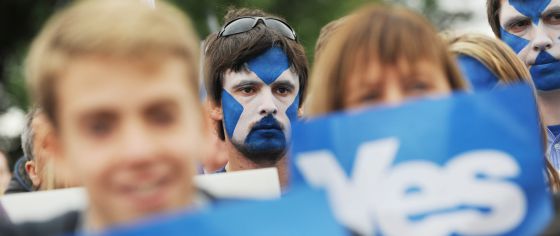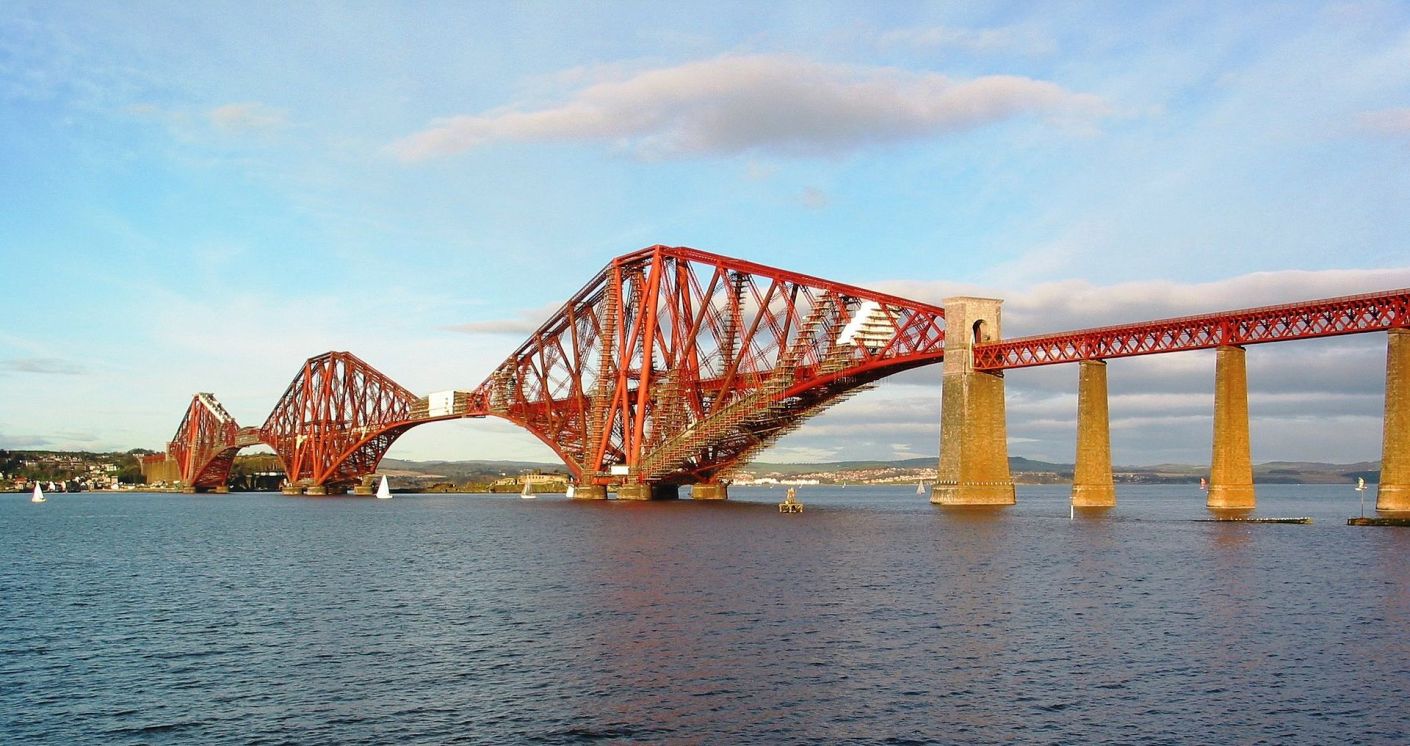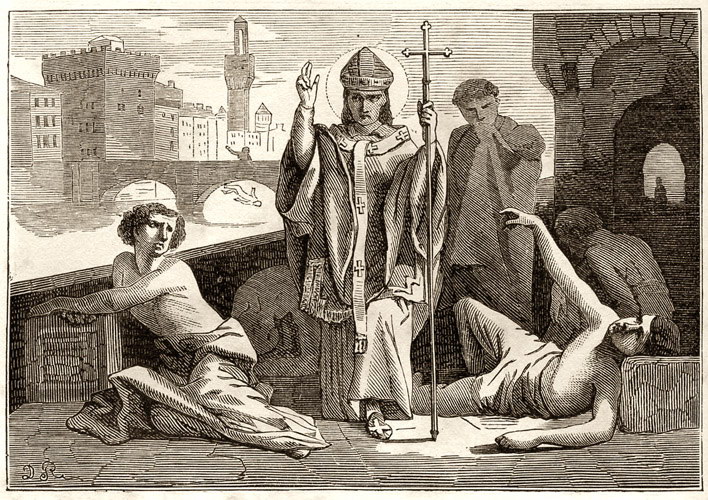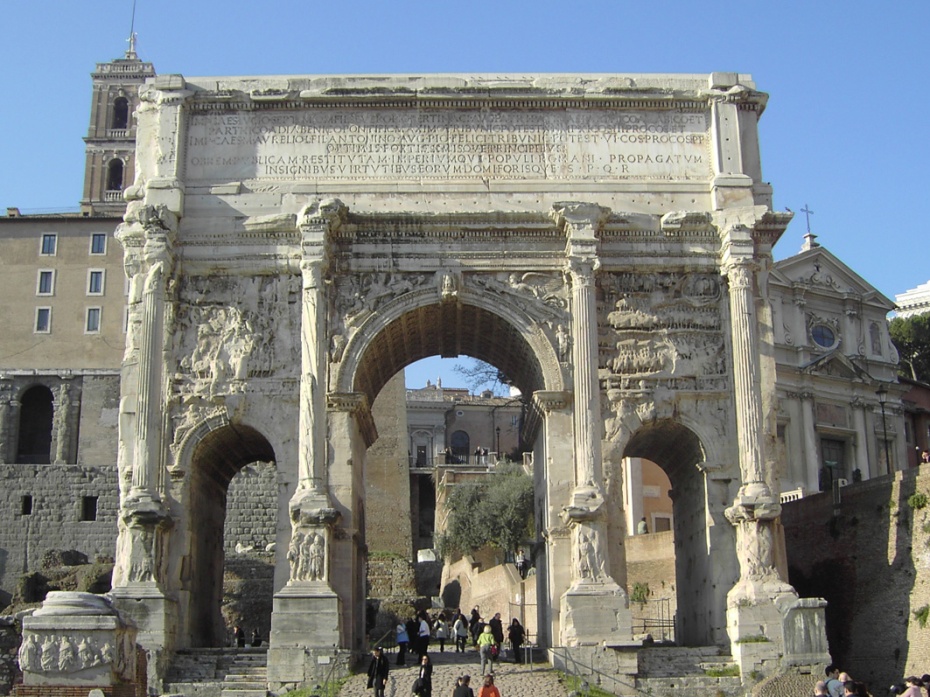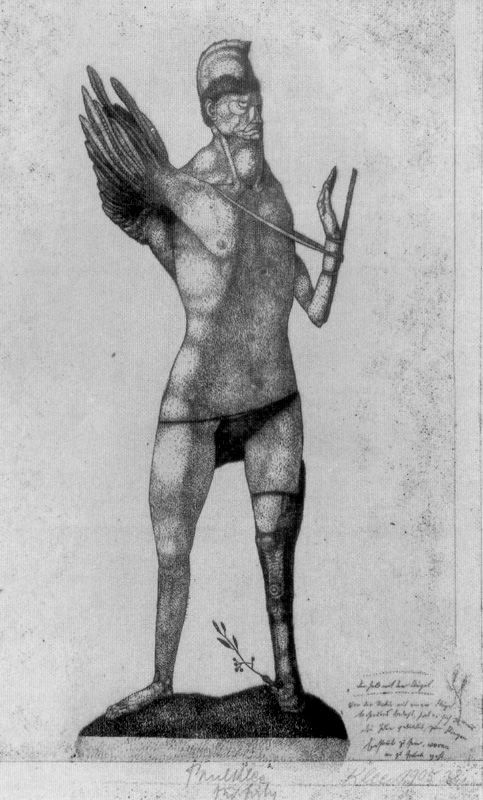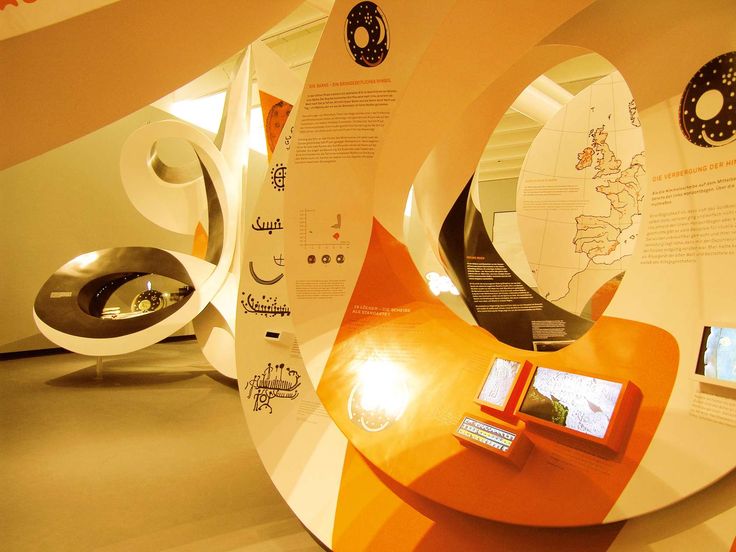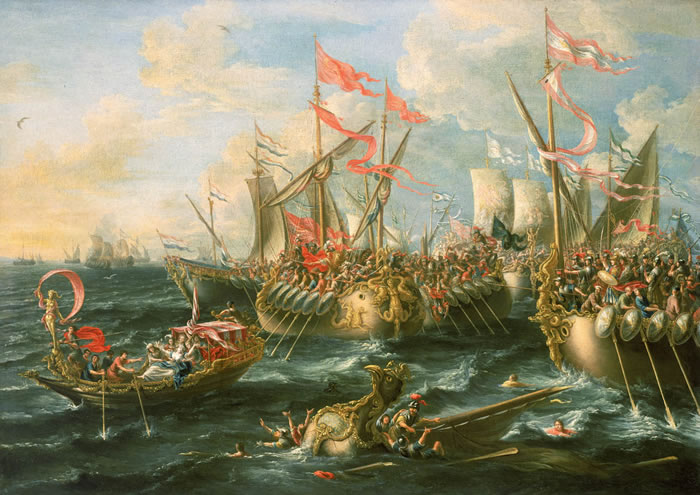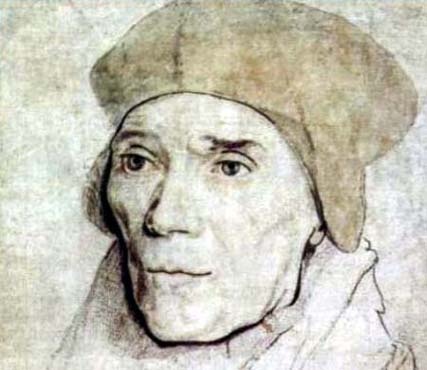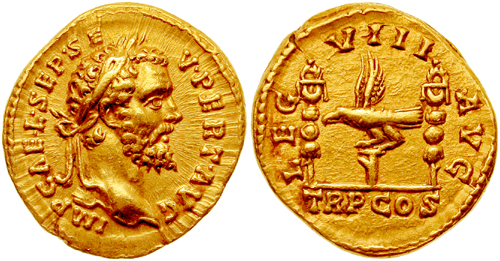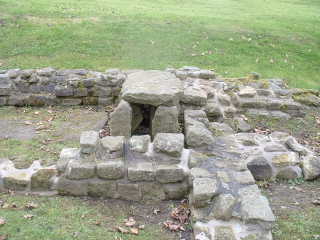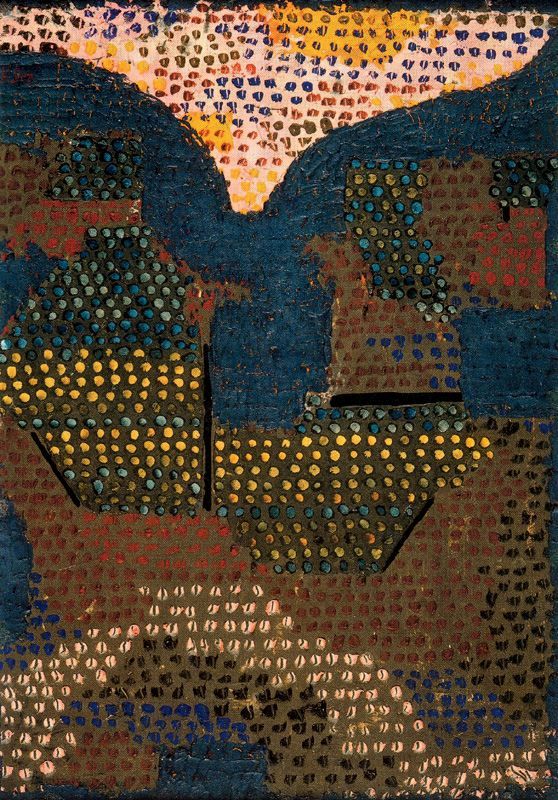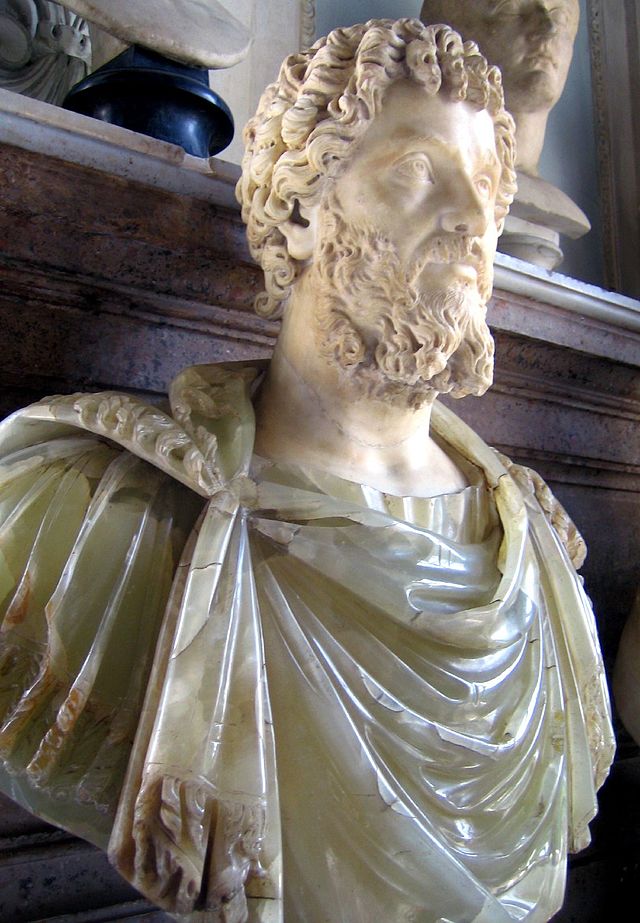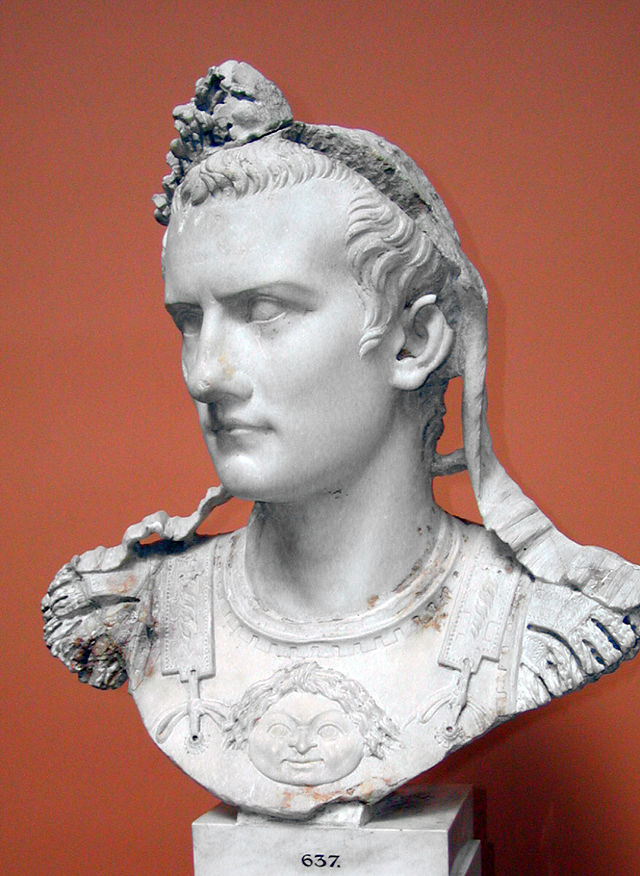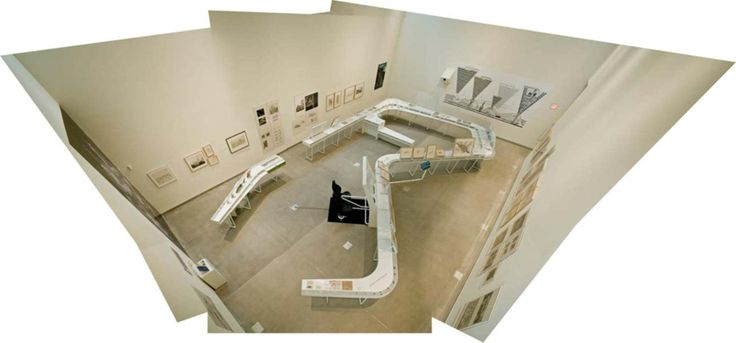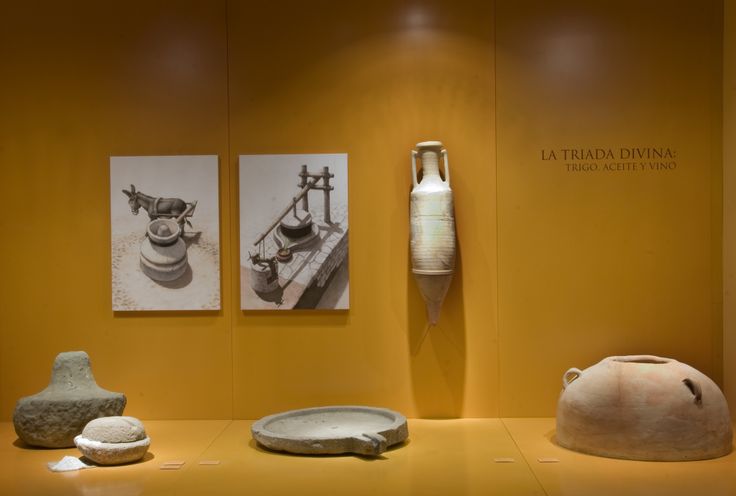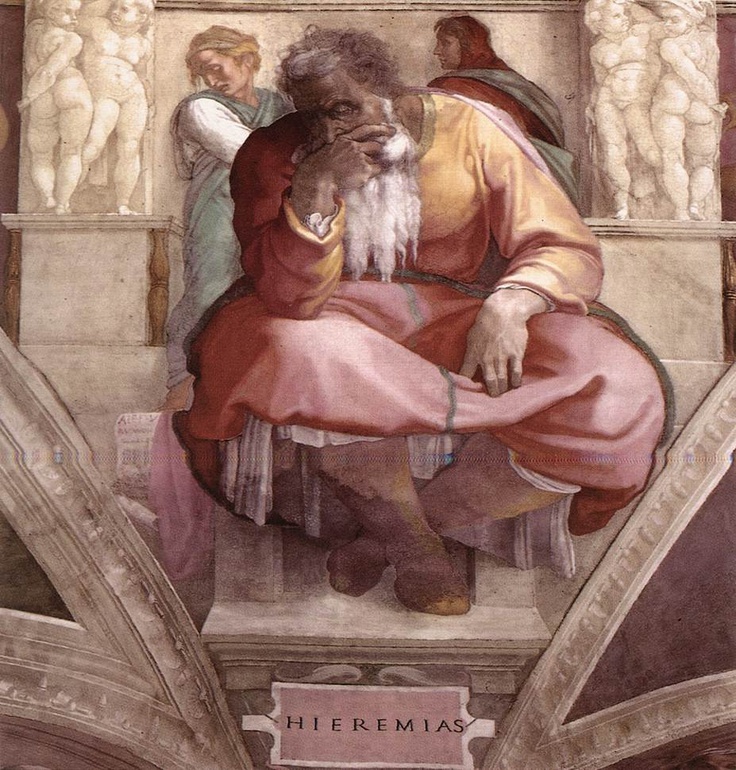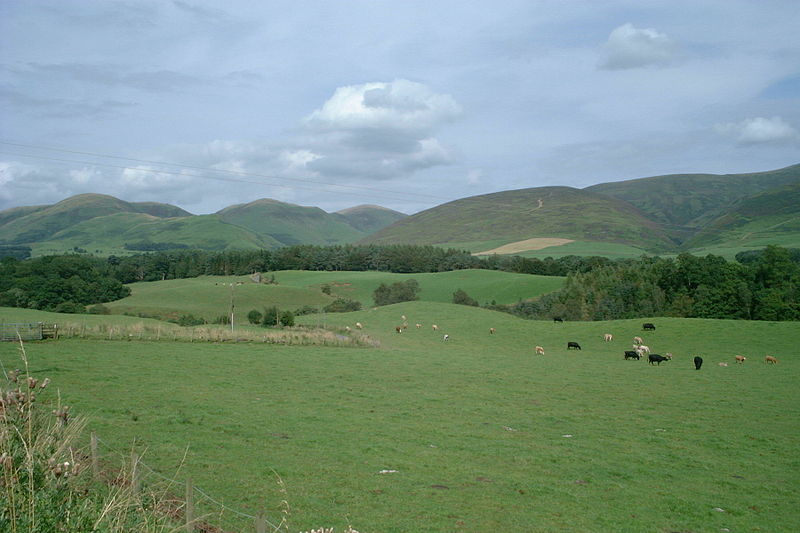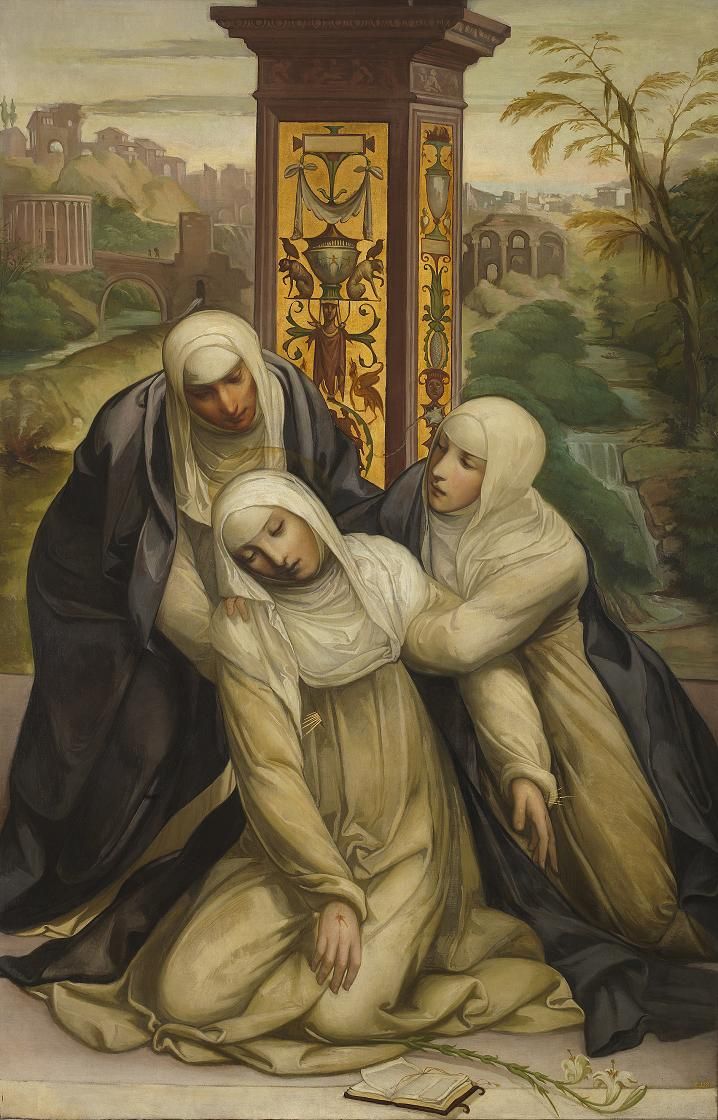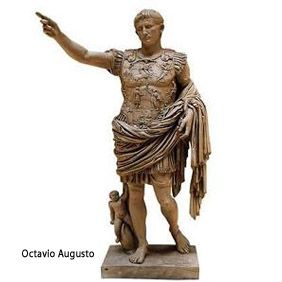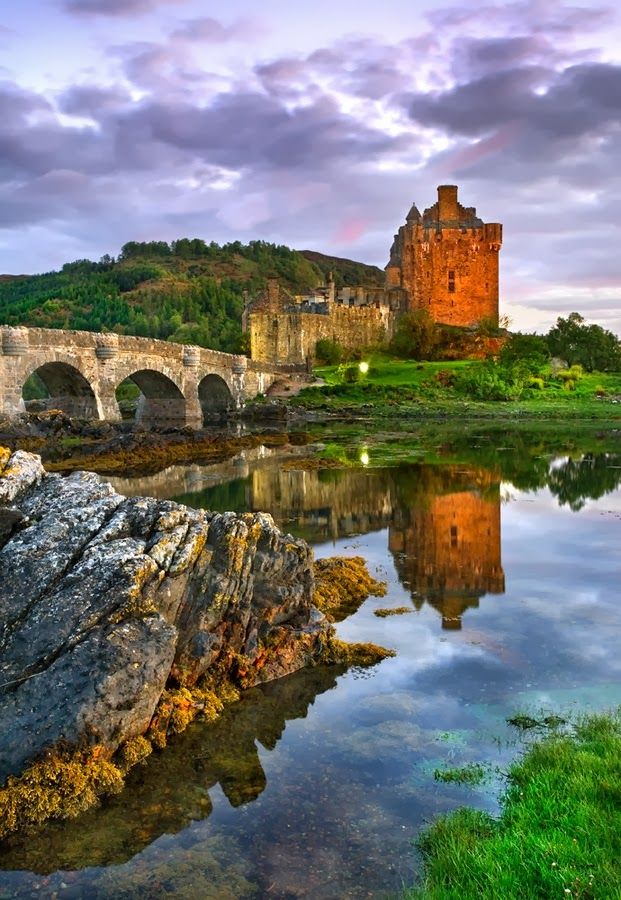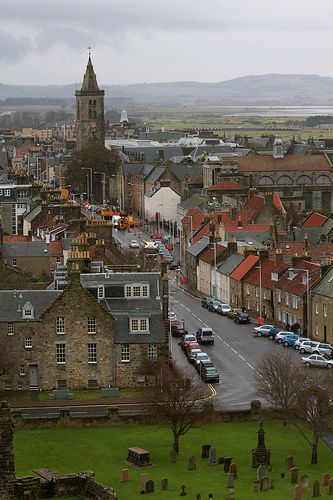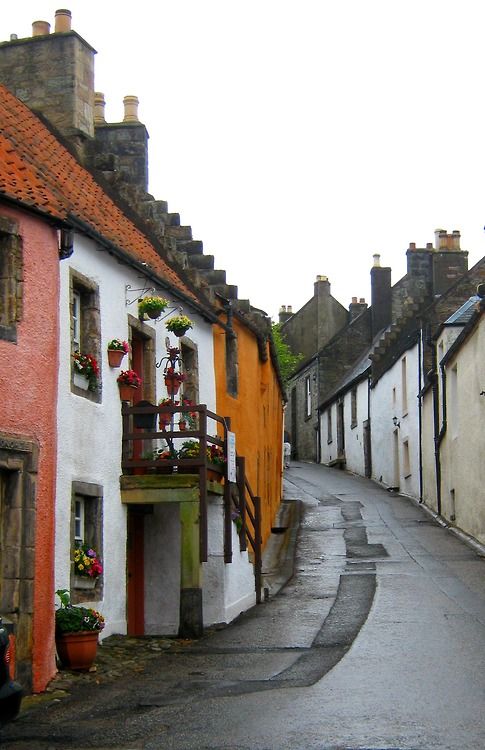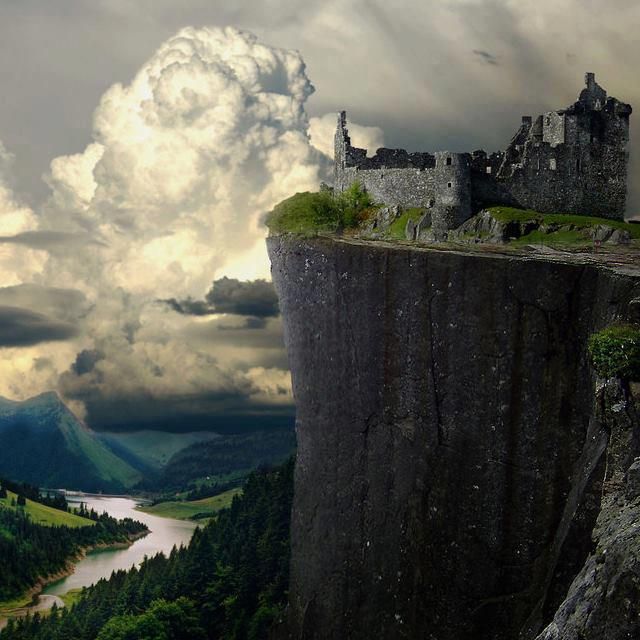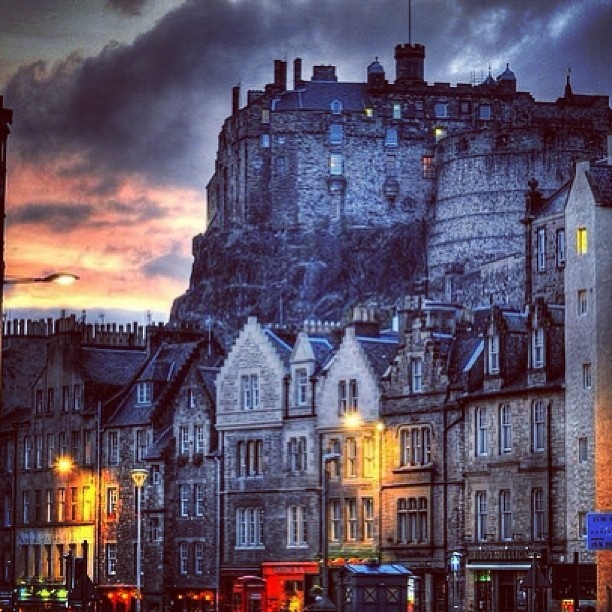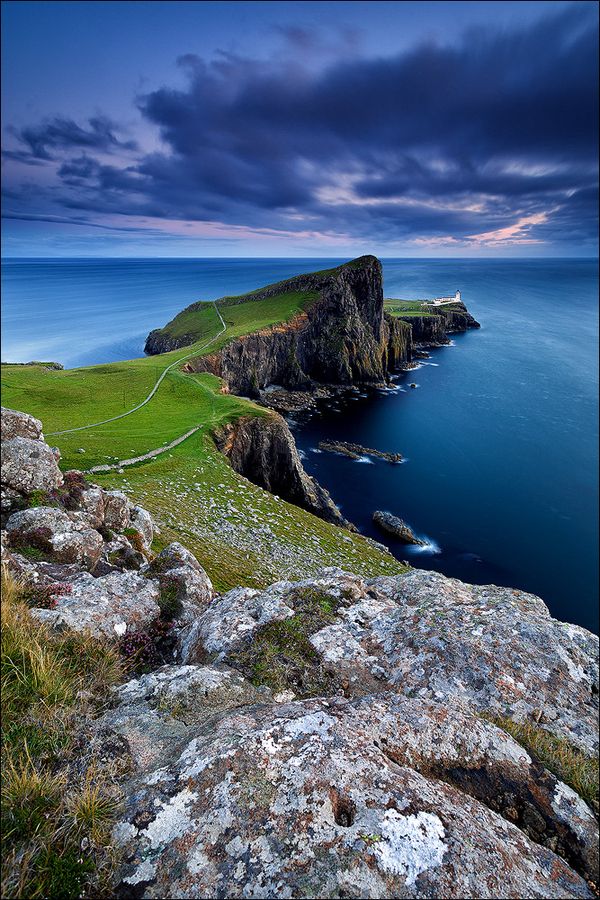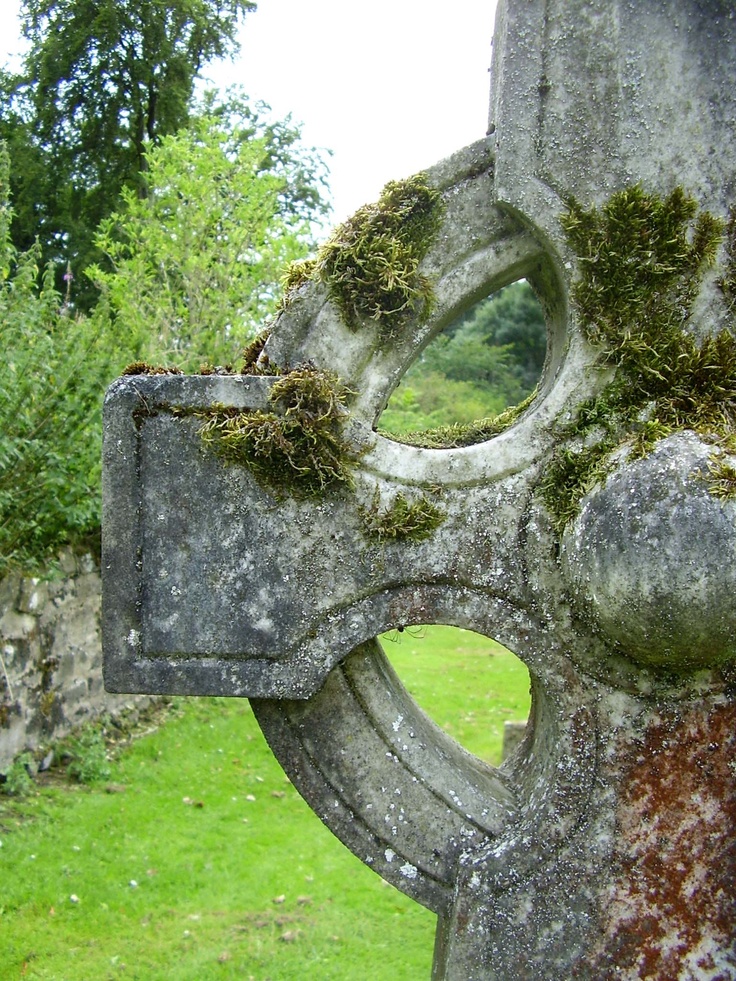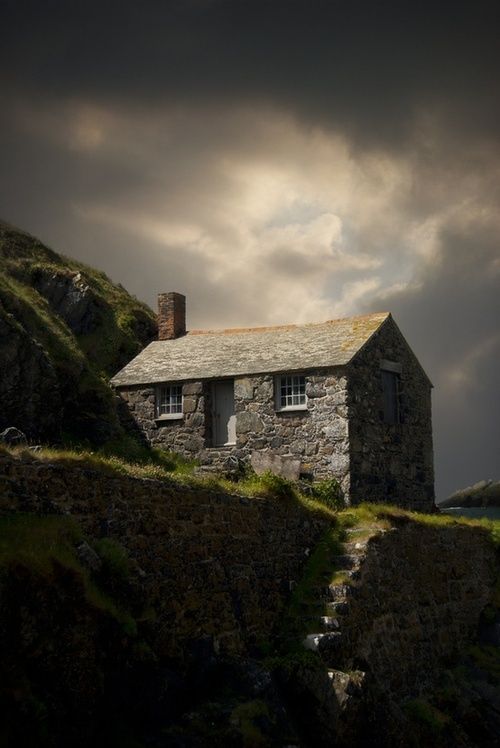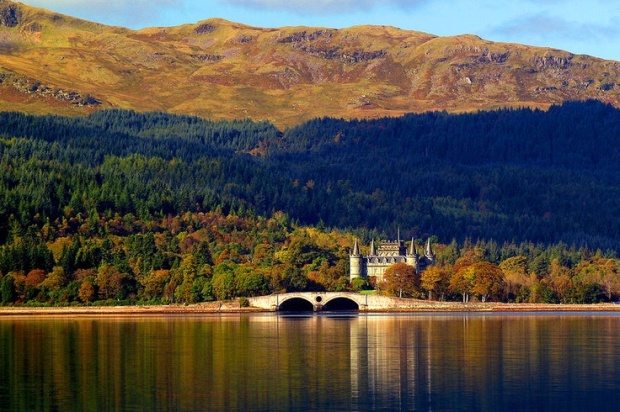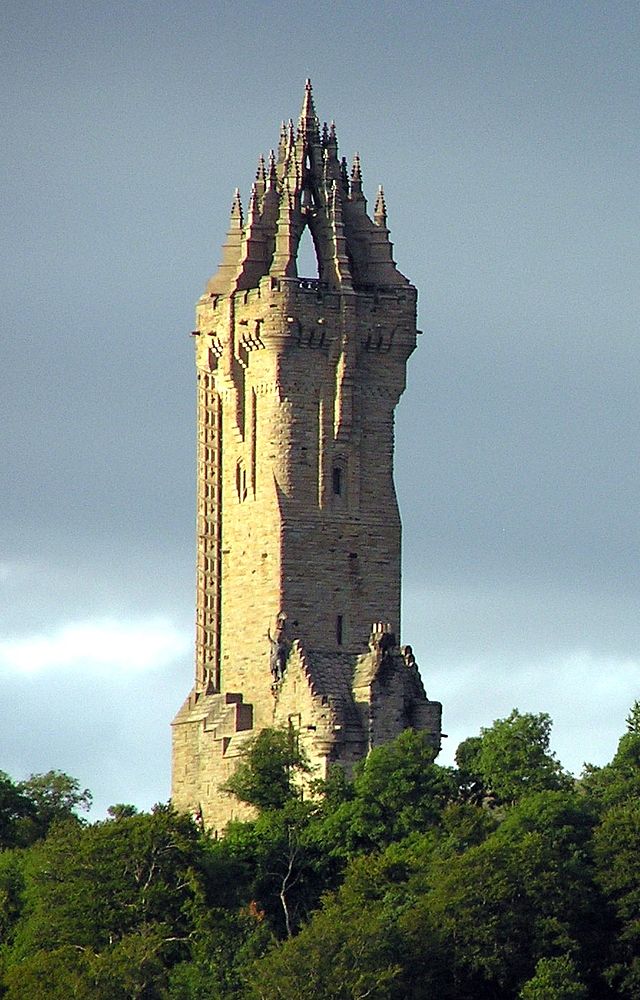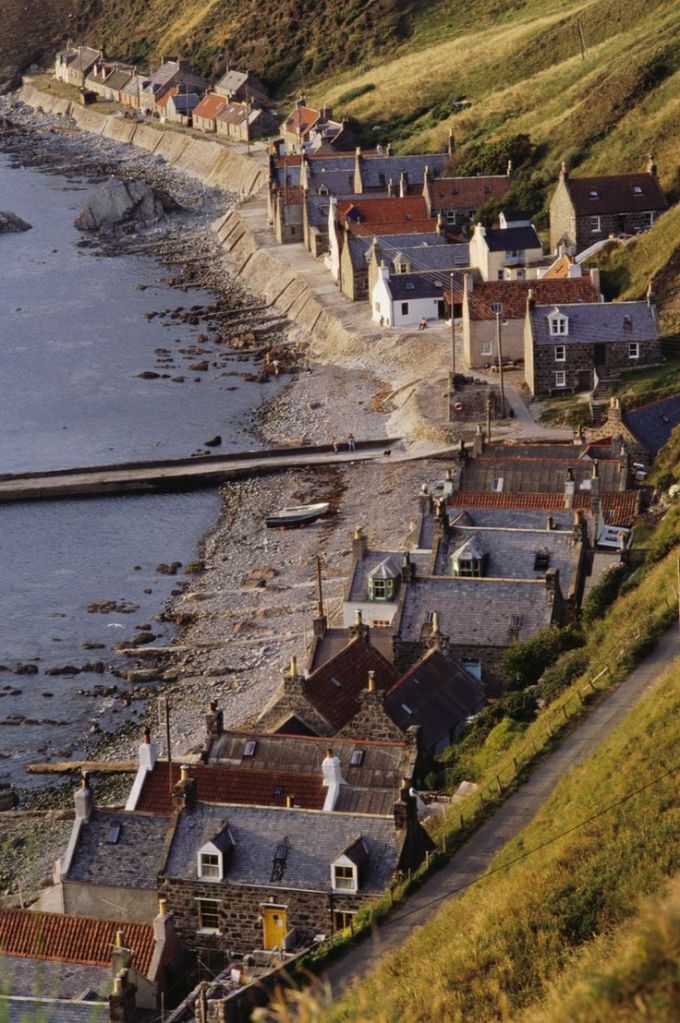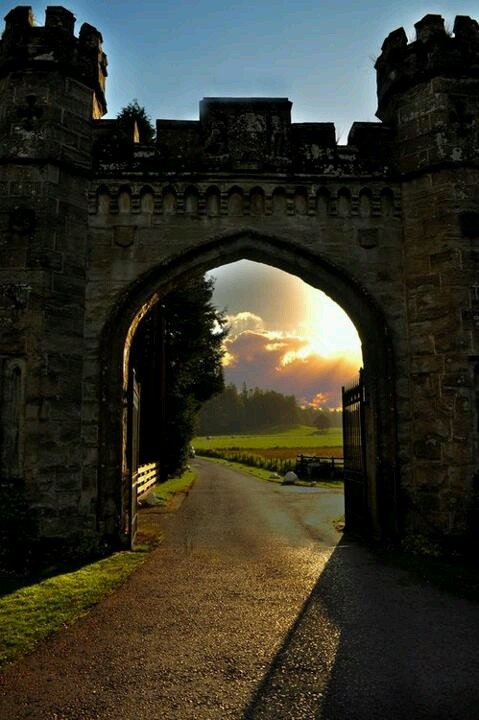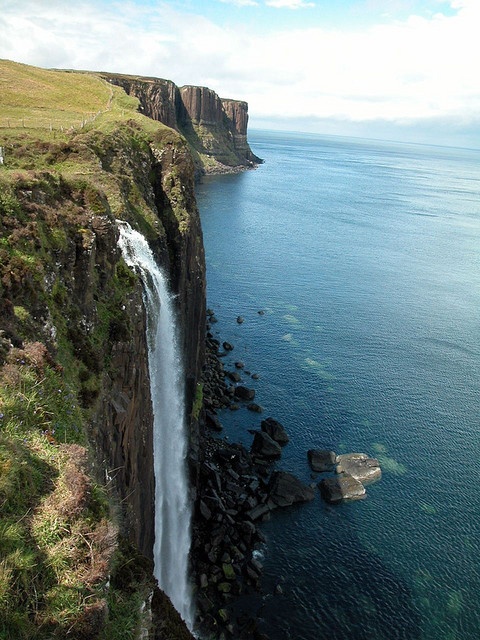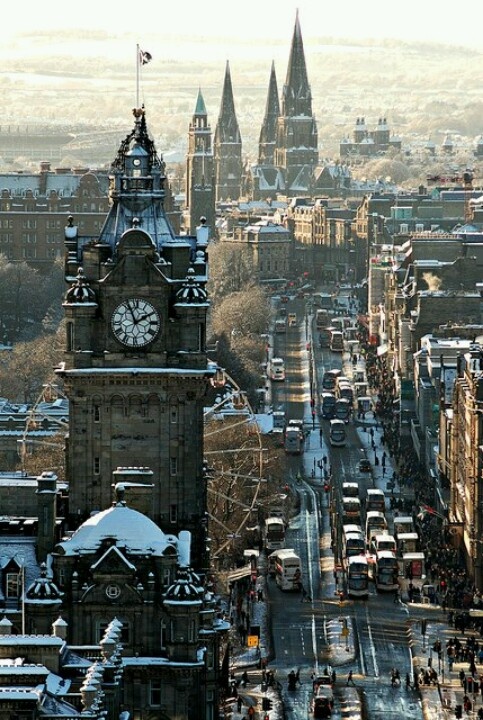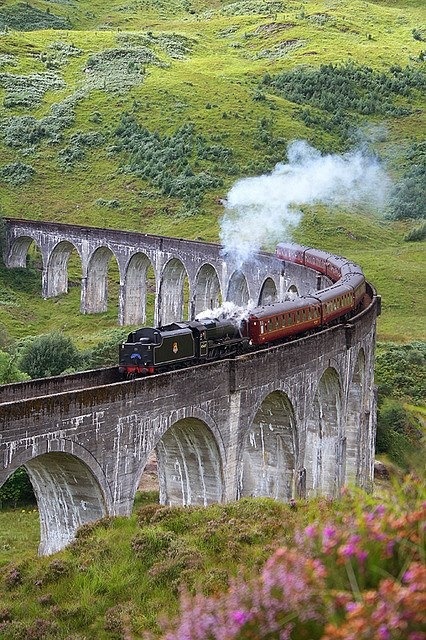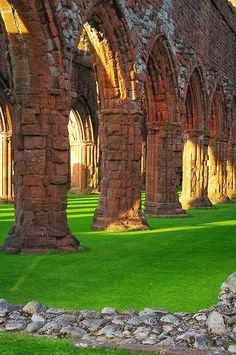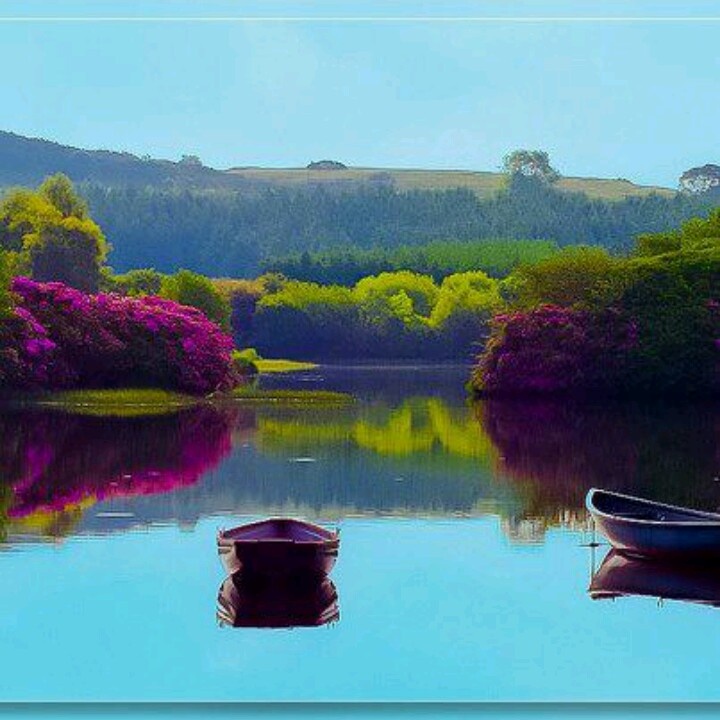PODRÍAN HACERLO CASI 5000 RESIDENTES
Los españoles que decidirán el futuro de Escocia
Queda tan sólo un mes para que se celebre el referéndum de independencia de Escocia. Personalidades escocesas como el actor Sean Connery, la cantante Annie Lennox o el novelista Irvine Welsh no tienen derecho a votar. Sin embargo, Maite, José o Ana sí podrán participaren una consulta que podría cambiar para siempre la historia del Reino Unido. Son ciudadanos españoles anónimos. Y simplemente por el hecho de vivir en la nación que vio nacer al whisky Johnnie Walker pueden meter su papeleta en la urna.
El resultado del plebiscito será de vital importancia no sólo para Westminster sino para toda Europa. En caso de secesión, se podría abrir un precedente para otros países, entre ellos España. Cataluña observa con especial atención cómo se desenvuelven los acontecimientos. Según la última encuestapublicada por la BBC, el 55% votará a favor de la unión, el 35% a favor de la independencia mientras que el 11% aún se muestra indeciso.
El acuerdo firmado en otoño de 2010 entre David Cameron y Alex Salmond para poner un marco legal al referéndum del próximo 18 de septiembretuvo gran repercusión en los medios del Viejo Continente. Sin embargo, no ha sido hasta ahora cuando muchos se han parado a leer la letra pequeña: mientras que los escoceses que viven en otras partes del Reino Unido no podrán participar en la consulta (alrededor de 750.000 residen al sur de la frontera), el resto de europeos y ciudadanos de la Commonwealth que sí estén registrados en la región podrán tener voz y voto. Y eso incluye a los 4.908 españoles que aparecen en el último censo de 2011. Por detrás de los alemanes (22.274), franceses (7.147) e italianos (6.048) son los comunitarios más numerosos.
Con todo, es imposible saber con certeza cuántos van a participar, ya que elformulario que se debe rellenar para poder ejercer el derecho a voto no pregunta en ningún momento por la nacionalidad. Lo cierto es que aquellos que ya lo han completado se muestran sorprendidos de lo“poco riguroso”que resulta el procedimiento. Una factura de teléfono (y en algunos casos ni eso), es suficiente para quedar registrado. La fecha límite para hacerlo es el próximo 2 de septiembre.
La pregunta es: ¿es justo el sistema acordado entre Londres y Edimburgo? ¿Tiene más derecho un español que vive en Escocia que un escocés que vive en Londres a decidir el futuro de la nación? Estas son las respuestas de algunos de los españoles llamados a las urnas:
Maite De Haro: “Los argumentos nacionalistas están muy bien, pero las cifras luego no cuadran”

– 42 años. Investigadora social. Es de Barcelona.
– Llegó a Reino Unido en 1999.
– Está casada con un escocés.
– Vive en Escocia desde 2007.
Va a votar a favor de la unión. Su marido, escocés, también está en contra de la independencia, pero es ella la más inquieta a la hora de buscar información sobre las dos posturas. “Cuando lees los argumentos de los nacionalistas están muy bien, sobre todo en materia de prestaciones sociales. Pero luego no explican cómo lo van a conseguir. Las cifras son muy ambiguas. Pero también creo que los que se sienten independentistas prefieren ser más pobres y no depender de Londres por encima de todo”.
Bajo las condiciones actuales, sus hijas tienen dentista gratuito hasta los 16 años y no tienen que pagar tasas universitarias, entre otras cosas. Tampoco tiene que pagar ningún miembro de la familia por medicamentos. “No creo que una independencia me vaya a mejorar la vida así que ante la duda prefiero optar por la unión. Creo que con la secesión saldríamos perjudicados en cosas tan importantes como el sistema sanitario. A la larga tendrían que subir los impuestos y el petróleo llegará un momento que se acabará. Hay muchos negocios que dependen del Reino Unido y en el mundo académico donde yo trabajo, la mayoría del dinero viene de Inglaterra. Me pregunto qué pasaría con la libra y la Unión Europea”.
Por otra parte, le preocupa que gente que lleva poco tiempo viviendo en Escocia pueda votar a la ligera. No está de acuerdo con que los escoceses que viven fuera no puedan participar.
Raquel Gella: “El referéndum que Cameron quiere plantear sobre la UE es lo que me animó a votar”
– 25 años. Periodista.
– Viene de Barcelona. Pro-independiente.
– Lleva cinco años viviendo en Escocia.
En principio no iba a votar porque considera que el referéndum “es algo muy de los escoceses”. Pero cuando David Cameron prometió que si ganaba las elecciones del año que viene convocaría un referéndum sobre la permanencia del Reino Unido en la Unión Europa cambió de opinión. “Ya está bien de que Westminster decida el futuro de los escoceses. La mayoría de los escoceses votan a los partidos de izquierda y tal y como está el sistema al final son gobernados desde Londres por partidos de derecha que aplican políticas con las que no están de acuerdo”, recalca.
‘Ya está bien de que Westminster decida el futuro de los escoceses’A pesar de que muchos consideran que precisamente es la independencia lo que alejaría a Escocia de la UE, ella cree que sería cuestión de tiempo que la aceptaran de nuevo. “Sería absurdo alejar a un país tan rico en petróleo de la UE. Ahora existe mucha política del miedo. Pero al final el resto de los estados miembros terminaría aceptándola de nuevo”.
Cree que una Escocia independiente tendrá control sobre sus propios recursos, podrá aplicar su propia política financiera y permitirá al fin que los escoceses sean gobernados por los políticos que ellos mismos eligen. “Realmente nadie sabe si va a salir bien o mal. Yo creo que hay mucho miedo a lo desconocido. Pero que si realmente la independencia es un sentimiento del pueblo escocés hay que respetarlo”.
___________________________………………………..=======================
THEY COULD DO ALMOST 5.000 RESIDENTS
The spaniards who decide the future of Scotland
It is only one month for the Scottish independence referendum is held.Celebrities including Scottish actor Sean Connery, singer Annie Lennox and the novelist Irvine Welsh are not entitled to vote. However,Maite, José and Ana are eligible to participate in a query that would forever change the history of the United Kingdom. Spanish citizens are anonymous. And just by the fact of living in the nation that spawned the Johnnie Walker can put your ballot in the ballot box.
The result of the plebiscite will be vital not only for Europe but for the whole Westminster. In the event of secession, it could open a precedent for other countries, including Spain. Catalonia taking special care in how events unfold.According to the latest survey published by the BBC,55% vote in favor of the union , 35% in favor of independence while 11% still undecided.
The agreement signed in the autumn of 2010 between David Cameron and Alex Salmond to put a legal framework for thereferendum of Sept. 18 had great media coverage on the continent. However, it has not been until now that many have stopped to read the fine print: while the Scots living in other parts of the UK may not participate in the consultation (around 750,000 living south of the border), the other European and Commonwealth citizens who are registered itself in the region may have a say. And that includes the4,908 Spaniards who appear in the latest 2011 census Behind Germans (22,274), French (7,147) and Italy (6,048) are the most numerous community.
However, it is impossible to know with certainty how many will participate, as theform to be filled in order to exercise the right to vote no question at any time by nationality. The truth is that those who have already completed is surprised at how “sloppy” that is the procedure. A phone bill (and in some cases not even that) is enough to be recorded. The deadline for doing so is the 2nd of September.
The question is: is it fair to the system agreed between London and Edinburgh? Do you have more right a Spanish living in Scotland a Scotsman who lives in London to decide the future of the nation? Here are the answers to some of the Spaniards to the polls:
Maite De Haro: “The nationalist arguments are fine, but then the numbers do not add up”

– 42 years. Social researcher. It is Barcelona.
– He came to Britain in 1999.
– She is married to a Scot.
– Live in Scotland since 2007.
You will vote for the union. Her husband, Scot, is also against independence, but is she most worries when looking for information on the two positions. “When you read the arguments of nationalists are very good, especially in terms of social benefits. But then do not explain how they are going to get. The figures are very ambiguous. But I also believe that those who feel prefer independence to be poorer and not rely on London above all. “
Under current conditions, their daughters have free dentist until age 16 and not have to pay tuition fees, among other things. Nor have to pay any family member for drugs. “I do not think independence will improve my life so when in doubt prefer to choose union. I think secession would leave affected in important things like health care. Eventually they would have to raise taxes and oil come a time to be finished. There are many businesses that depend on the United Kingdom and in the academic world where I work, most of the money comes from England. I wonder what would happen to the pound and the European Union. “
On the other hand, is concerned that people who take little time living in Scotland can vote lightly. Not according to the Scots living outside can not participate.
Raquel Gella: “Cameron wants the referendum on the EU raise is what prompted me to vote”
– 25 years. Journalist.
– Continued from Barcelona. . Separate Pro-
– It takes five years living in Scotland.
At first I was not going to vote because he believes that the referendum “is something of Scots.” But when David Cameron promised that if he wins the election next convene a referendum on staying in the UK in the European Union changed its mind year. “Enough of that Westminster decide the future of Scots. Most Scots vote for parties of the left and as the system is at the end from London are governed by right-wing parties implementing policies with which they do not agree, “he stresses.
‘Enough of that Westminster decide the future of the Scots’Although many believe that independence is exactly what Scotland alienate the EU, she believes it would be a matter of time to be accepted again. “It would be absurd to alienate as oil-rich country of the EU. Now there is a lot of politics of fear. But in the end the rest of the member states end up accepting it again. “
Believes that an independent Scotland will have control over their own resources, apply their own financial policy and finally allow the Scots to be governed by politicians of their choosing. “No one really knows whether to go right or wrong. I think there is much fear of the unknown. But if independence is really a sense of the Scottish people must be respected. ”
Fuente:

